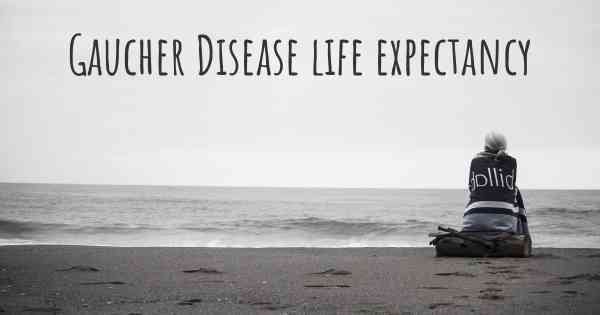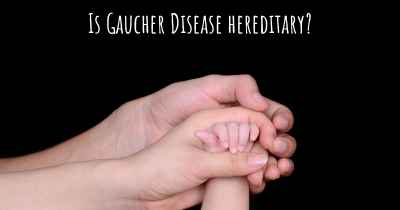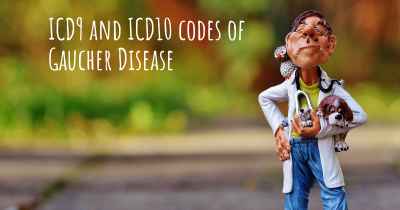What is the life expectancy of someone with Gaucher Disease?
Life expectancy of people with Gaucher Disease and recent progresses and researches in Gaucher Disease

Gaucher Disease is a rare genetic disorder that affects the body's ability to break down a fatty substance called glucocerebroside. The life expectancy of individuals with Gaucher Disease can vary depending on the type and severity of the condition. In general, with proper management and treatment, individuals with Gaucher Disease can have a near-normal life expectancy. Early diagnosis and access to appropriate therapies, such as enzyme replacement therapy, can significantly improve outcomes and quality of life for affected individuals. Regular monitoring and follow-up with healthcare professionals specializing in Gaucher Disease are crucial for optimal management and to address any potential complications.
Gaucher Disease is a rare genetic disorder that affects the body's ability to break down a certain type of fat called glucocerebroside. This buildup of fat primarily affects the spleen, liver, and bone marrow, leading to a range of symptoms and complications. The severity of Gaucher Disease can vary widely among individuals, making it challenging to provide a definitive answer regarding life expectancy.
There are three main types of Gaucher Disease:
- Type 1: This is the most common form and typically presents in adulthood. Individuals with Type 1 Gaucher Disease often experience an enlarged spleen and liver, anemia, bone pain, and a higher risk of developing bone fractures. The life expectancy for individuals with Type 1 Gaucher Disease can vary significantly, ranging from normal life expectancy to a reduced lifespan.
- Type 2: Also known as acute infantile Gaucher Disease, this form is extremely rare and typically manifests in infancy. It progresses rapidly and is associated with severe neurological complications. Unfortunately, individuals with Type 2 Gaucher Disease often have a significantly reduced life expectancy, with most not surviving beyond early childhood.
- Type 3: This form falls between Type 1 and Type 2 in terms of severity and onset. It can present in childhood or adolescence and is characterized by a slower progression compared to Type 2. Individuals with Type 3 Gaucher Disease may experience a wide range of symptoms, including neurological complications. The life expectancy for Type 3 Gaucher Disease can vary, with some individuals having a near-normal lifespan while others may have a reduced life expectancy.
It is important to note that Gaucher Disease is a chronic condition that requires ongoing management and treatment. The introduction of enzyme replacement therapy (ERT) has significantly improved the prognosis for individuals with Gaucher Disease, particularly those with Type 1. ERT involves regular infusions of a modified enzyme that helps break down the accumulated fat in the body.
Factors that can influence life expectancy in Gaucher Disease include:
- The specific type of Gaucher Disease an individual has.
- The age of onset and severity of symptoms.
- The presence of complications, such as bone disease or neurological involvement.
- The individual's response to treatment, including ERT.
- The presence of other underlying health conditions.
It is crucial for individuals with Gaucher Disease to work closely with a healthcare team experienced in managing the condition. Regular monitoring, appropriate treatment, and lifestyle modifications can help improve quality of life and potentially extend life expectancy.
In conclusion, life expectancy in Gaucher Disease can vary widely depending on the specific type, age of onset, severity of symptoms, presence of complications, and response to treatment. While some individuals with Type 1 or Type 3 Gaucher Disease may have a near-normal lifespan with appropriate management, others may experience a reduced life expectancy. It is essential for individuals with Gaucher Disease to receive comprehensive care and support to optimize their health outcomes.
Posted Sep 10, 2017 by Alf Andrew 2050
Posted Nov 1, 2019 by Suzanne 100








